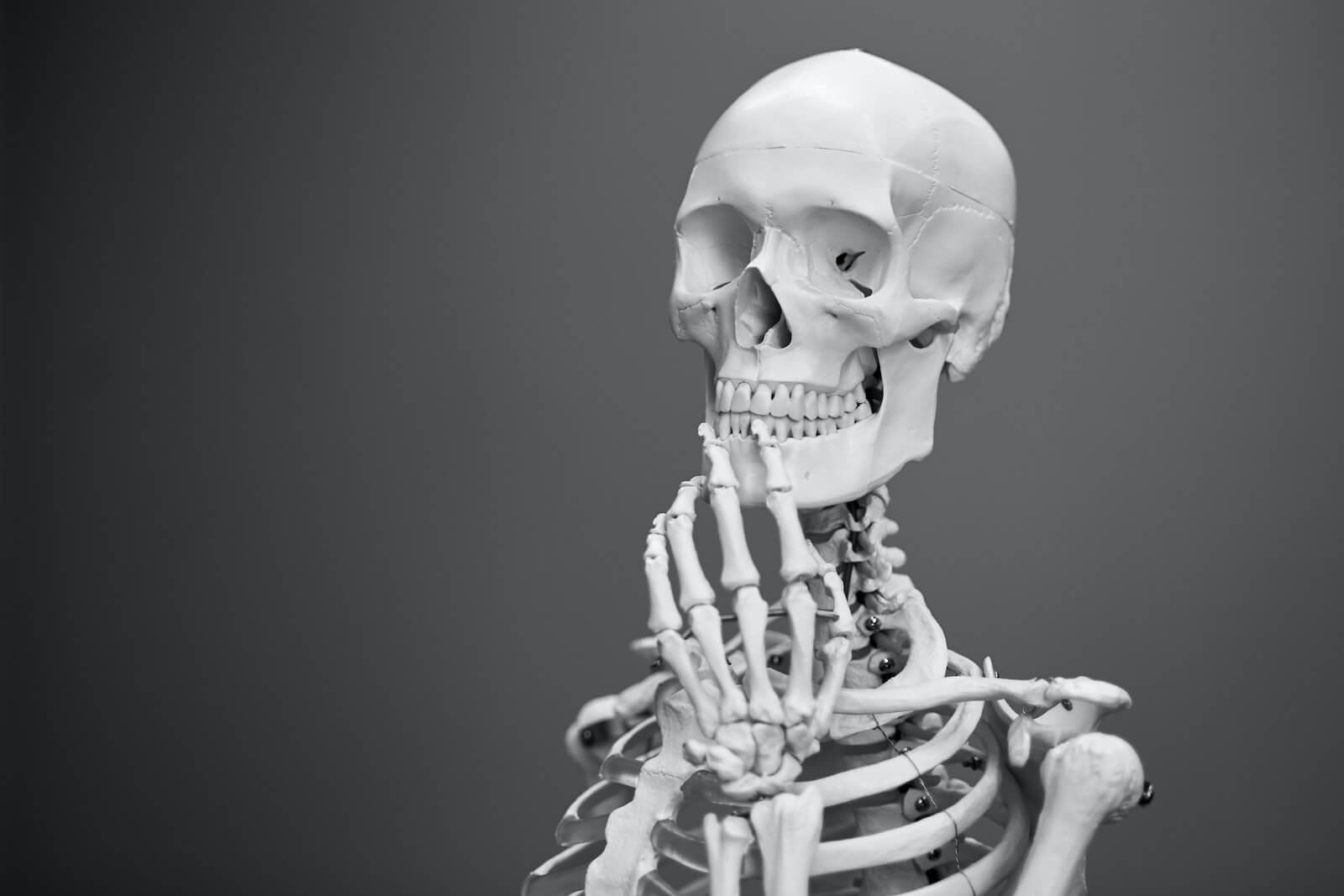BOSTON — Brittle bones and aching joints are a daily reality of life for countless people, especially during old age. Now, however, a new report suggests the key to maintaining strong bones throughout life may be hiding in our stomachs. Researchers at the Hebrew SeniorLife and Hinda and Arthur Marcus Institute for Aging Research say there’s an ever-growing pile of evidence that the abundance of certain gut microbes has a connection to good skeletal health.
In other words, maintaining the right “balance” of gut bacteria could improve bone health and quality of life among countless older Americans. While further work is necessary, study authors say this work may open the door toward new strategies aimed at better bone health using these altering of gut microbiomes. The relationship between the gut and bone health is referred to as osteomicrobiology.
Up until now, few large-scale human studies have focused on the links connecting the gut microbiome and skeletal health. So, research leader Paul C. Okoro, a data scientist at Hebrew SeniorLife and Hinda and Arthur Marcus Institute for Aging Research, and principal investigator Douglas P. Kiel, M.D., M.P.H., a senior scientist at the Marcus Institute, conducted an observational study. The project was based on findings in the Framingham Third Generation Study of men and women, as well as the Osteoporotic fractures in Men (MrOS) study of older men, and researchers aimed to determine whether they could detect a potentially modifiable factor contributing to skeletal health. The research team also utilized high-resolution imaging of the arm and leg.
Studies show low bone density can increase one’s risk of osteoporosis, and estimates reveal it affects 10 million Americans over 50 years-old. The condition can also increase fracture risk.

All in all, the study found that a bacteria called Akkermansia, which has long been associated with obesity – as well as Clostridiales bacterium DTU089 – both displayed clear negative associations with bone health for older adults.
DTU089, which is a bacterium from the class Clostridia, is usually more abundant in people with lower physical activity and lower protein intake. This may be significant because earlier studies have reported protein intake and physical activity have a definite connection to skeletal health.
“We found patterns in which greater abundance of microbiota were associated with worse measures of bone density and microarchitecture. In fact, some bacteria were associated with differences in the bone cross sectional area, suggesting the possibility that certain microbes could influence how the bone changes size with aging,” says Dr. Kiel in a media release. “It is premature to know if the bacterial organisms themselves may have effects on skeletal health.”
“With additional studies we might be able to gain insights regarding associations between specific bacterial species in the intestine and skeletal integrity. We also hope to identify specific functional pathways influenced by the bacteria that could influence the skeleton. For example, some bacteria can lead to low levels of inflammation that may affect bone health. Ultimately, if findings like this are confirmed, we may be able to target the gut microbiome to influence skeletal health.”
The study is published in the journal Frontiers in Endocrinology.
You might also be interested in:
- Can your bone health impact your risk for dementia?
- 3 Unhealthy Foods That Damage Your Gut Health
- Taking calcium supplements before age 35 may prevent osteoporosis later in life

